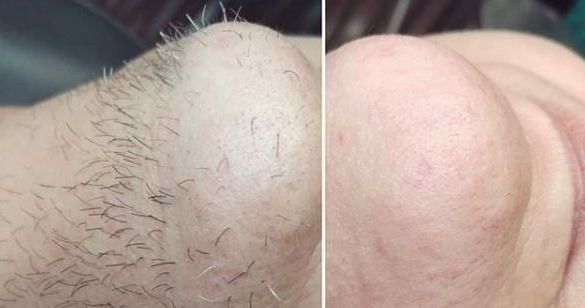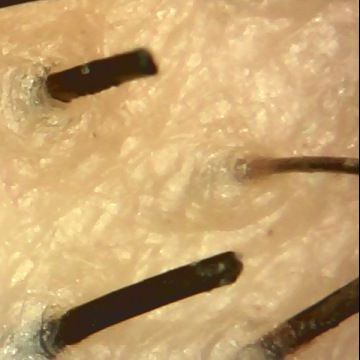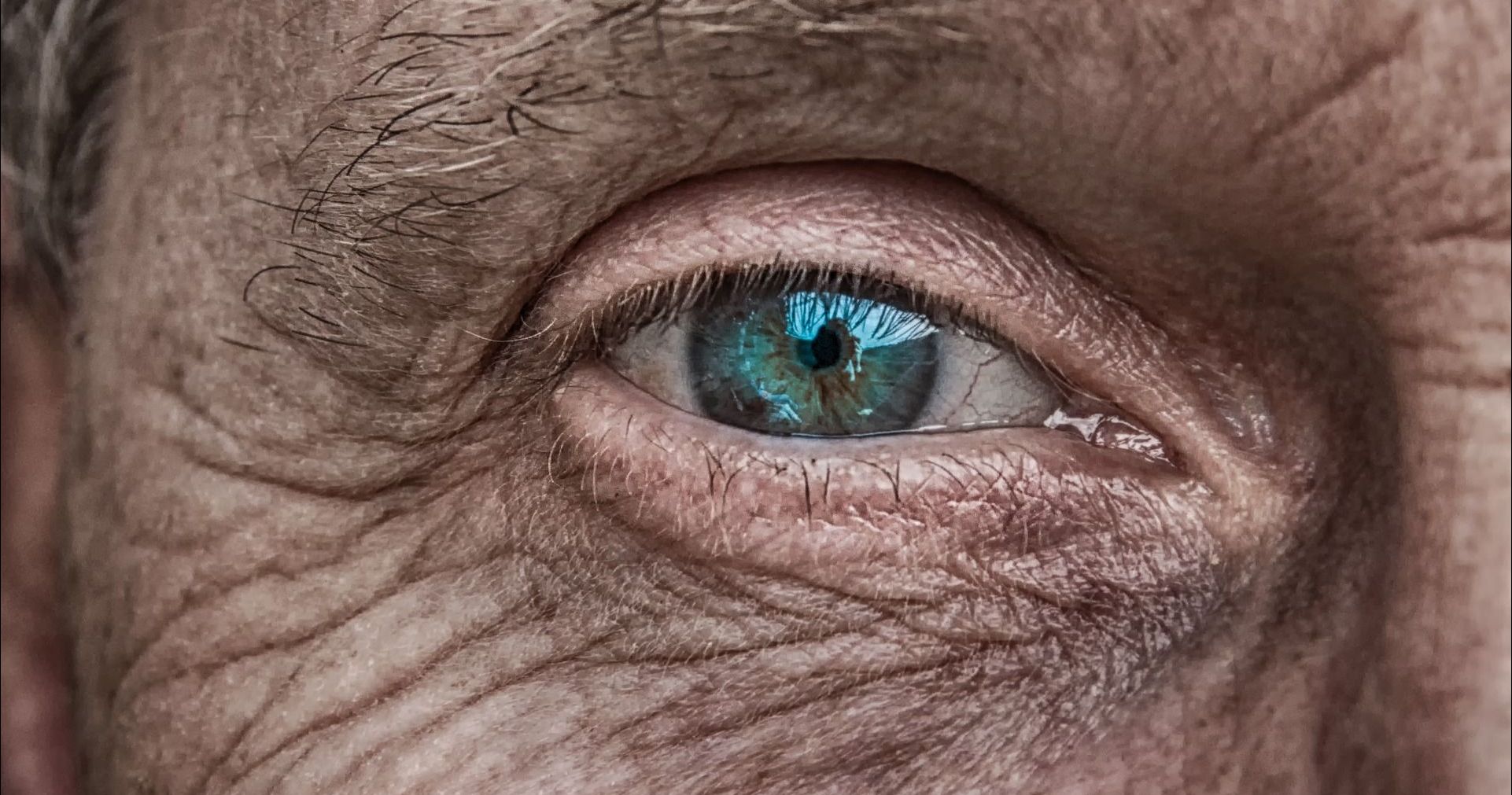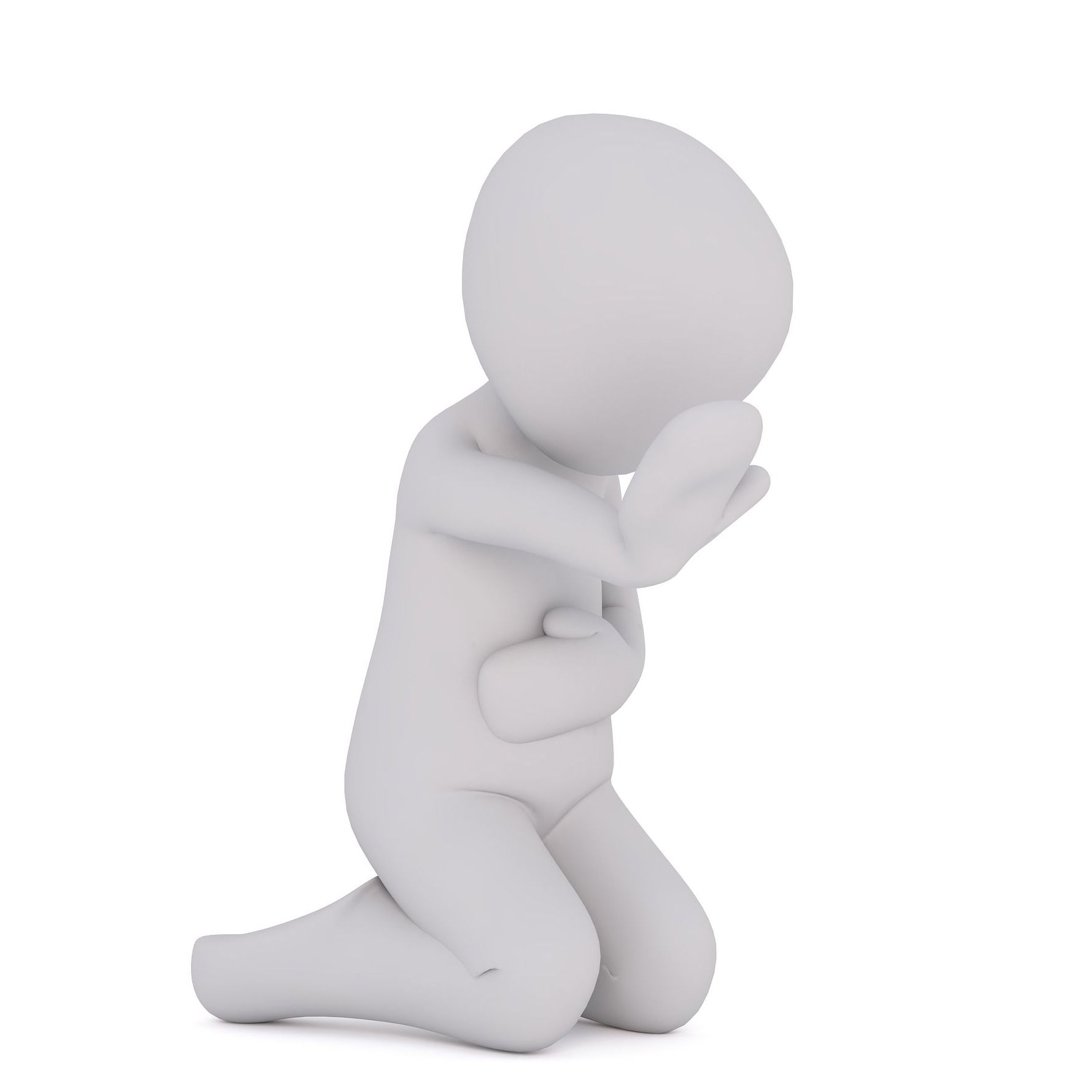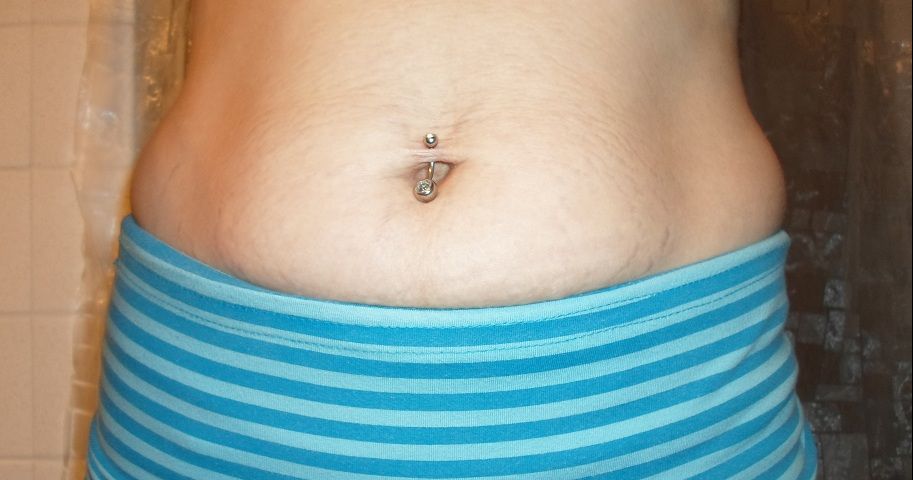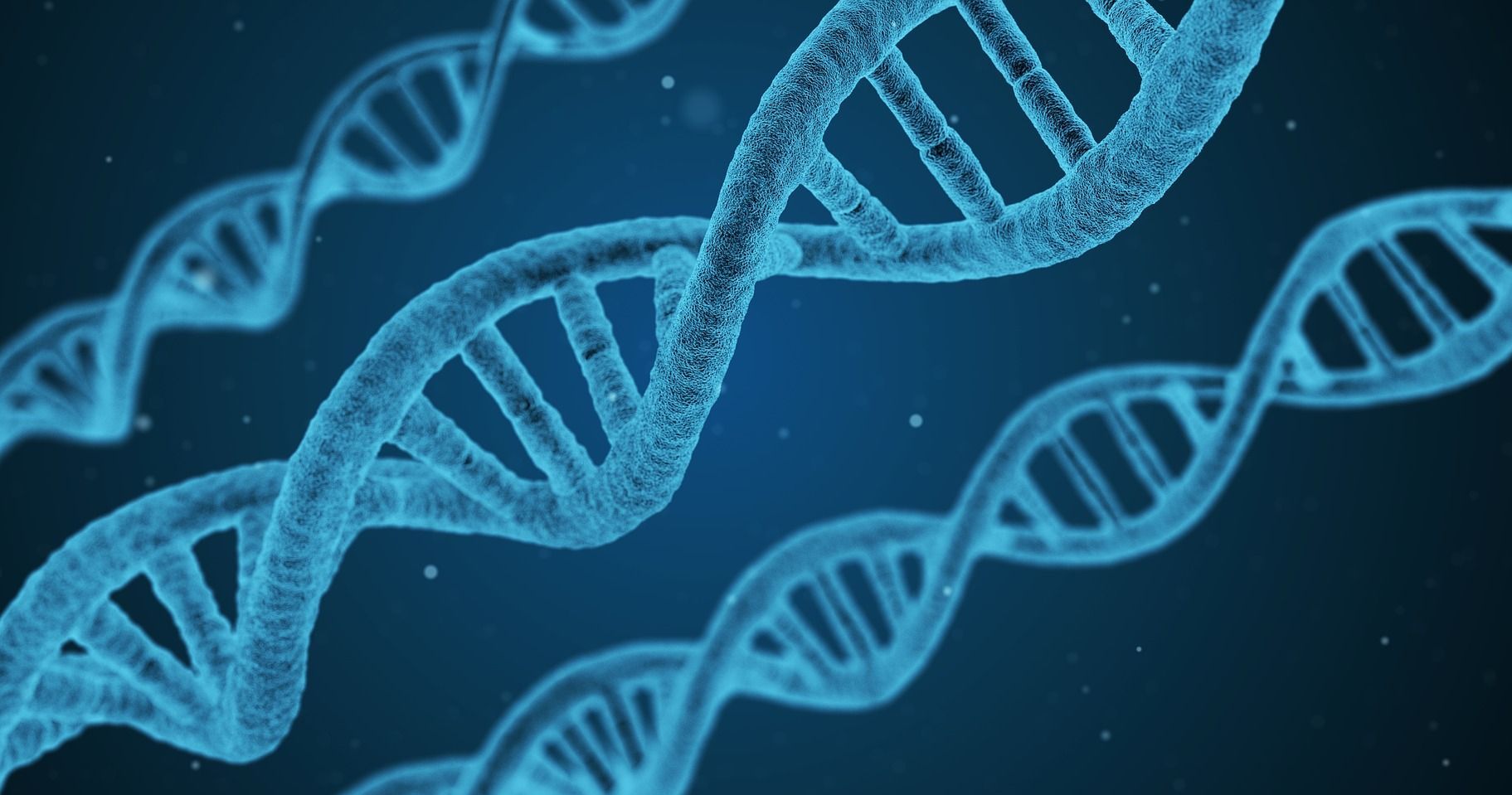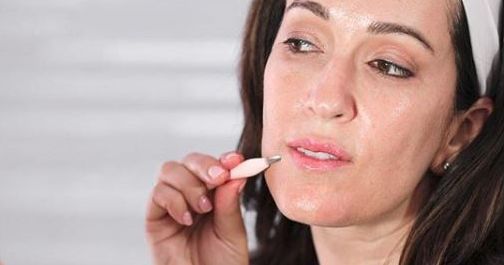Many years ago I removed my chin hair with electrolysis, which is a process that burns hair to permanently remove it. The reason I had to go through with this was because I would pluck them and they'd grow out in just a few days.
Needless to say, I was very embarrassed by it. You can cover most parts of your body, but covering your face just isn't an option.
Everyone has facial hair, some more than others, but I rarely met anyone with thick, dark hairs jutting from their chin.
When my 20-year-old daughter pointed out her dark chin hairs last week, I started to get concerned.
Are chin hairs normal? Are they healthy? There were tons of questions I was asking myself, and I've finally come to the bottom of it.
Those unattractive whiskers are more common than I had thought. Here are the 10 reasons why many women have them:
1. Unbalanced Hormones
Our hormones affect every aspect of our health - from our mood to the healthiness of our skin.
When there's a build up of male sex hormones (androgens) in our bodies, those thick whiskers start to grow on our chins.
If your chin is covered with these unwanted hairs, you may be suffering from a disorder known as hirsutism, which is caused by a massive influx of male hormones. You'll also notice other symptoms like balding, breast size reduction, and a deepening of the voice.
2. Age
The places you don't want hair to thin and fall out do, and the places you want to be hair-free will eventually be covered with hair. That's annoying, right?
This usually happens after menopause, and is linked to hormone imbalance, as mentioned above.
When your hormones start to balance, you'll notice these chin hairs growing slower, and eventually they won't grow at all.
These next causes of chin hair are quite serious, and you'll definitely want to talk to your doctor...
3. Polycystic Ovary Syndrome
Polycystic Ovary Syndrome (PCOS) is a condition that affects hormone levels and the way your ovaries work.
If you have chin hair, and also have acne, irregular periods, weight gain, and fertility problems, you should consult your doctor.
PCOS is the most common disorder related of the endocrine system, and mainly affects women between the ages of 18 and 44. So don't rule this one out!
4. Cushing's Syndrome
Cushing's Syndrome is a gland disease that secretes a stress hormone, known as cortisol, more than it should.
This syndrome not only increases facial hair, it also causes weight gain, stretch marks, and muscle weakness.
5. Weight
If you're losing or gaining weight fast, you'll definitely need to see a doctor to discuss this issue. But this can also be a reason why those stubborn hairs keep growing back every week.
Experts believe that obesity can affect the way our bodies produce hormones, and we all know by know how important a role hormones play in hair growth.
6. Congenital Adrenal Hyperplasia
This birth defect is quite rare, affecting one in 15,000 children, according to Medline Plus.
Congenital adrenal hyperplasia occurs when the body produces more male hormones. It causes these genes of enzymes to mutate, which is why some people have chin hair.
This condition also causes reproductive system abnormalities like infertility and delayed puberty.
If none of these apply to you, maybe these next four will give you a better answer as to why you have those dark whiskers.
7. Pregnancy
Pregnant women experience drastic hormone changes that can take them on all sorts of wild rides.
In light of that, those dark hairs on your chin are the least of your worries when you're pregnant.
Don't worry if you still have chin hair after your pregnancy, it takes a while for your hormones to go back to normal.
However, if you still have chin hair a year after you've given birth, talk to your doctor.
8. Medication
Certain medications, like chemotherapy drugs, steroids, and medicines to treat epilepsy, may cause excess hair growth in unwanted places.
Birth control can also mess with your hormones, causing those pesky chin hairs.
Your medication is definitely more important than some dark hairs growing on your chin, but talk to your doctor to see if you can try a different brand of medication that may not have the same adverse reaction.
9. Genetics
To your dismay, your chin hair may be just another one of your genetic traits - like your eyes and hair color.
Certain ethnic groups, like people of Mediterranean, Middle-Eastern, and South Asian origin, are more likely to have chin hair than others.
If this applies to you, now you just have to figure out how to remove them. But make sure you're not tweezing them...
10. Plucking Them Too Much
Whether these reasons above apply to you or not, simply plucking your chin hair will actually increase their growth.
It's tempting to tweeze them right when they're long enough to pinch, but removing them this way will only increase your risk of dark spots and infection.
Instead, try permanently removing them through laser hair removal or electrolysis. If these options don't sound pleasing to you, you can try making your own chin hair removal paste at home.
It might take more time to see results, but you won't be damaging your skin in any way. One natural remedy that many people find to be effective is turmeric.
Combine the yellow powder and water to make a paste. Leave on for 15 minutes and then wash your chin with warm water.
All that being said, the best thing you can do is talk to your doctor to find the best course of action.
